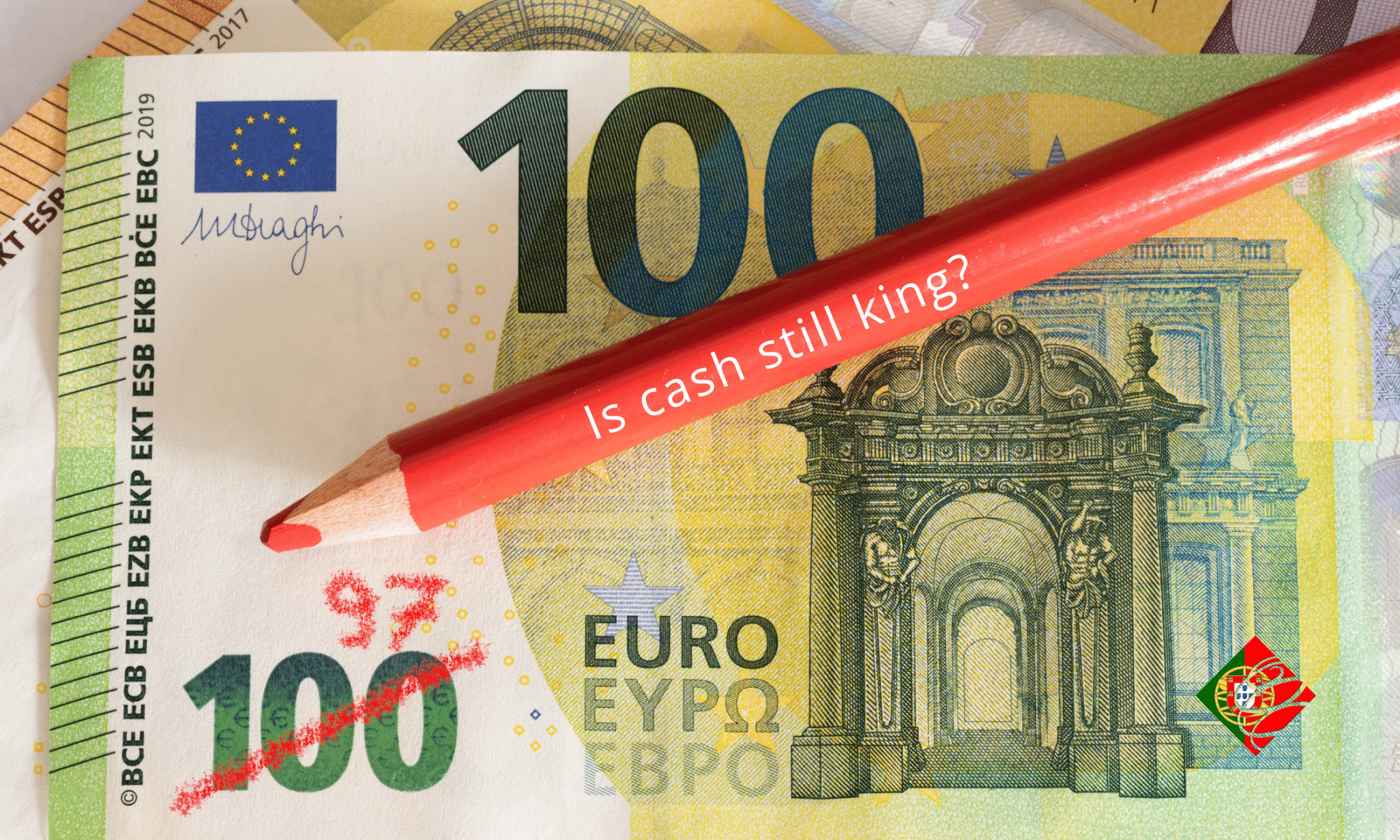The world of investments can be intimidating, even for the most seasoned investor. Here, we will put aside the jargon and push past the hype of ‘the next big thing’, and instead focus on the key principles that every investor should know when building a portfolio of investments; irrespective of how engaged or involved you wish to be.
Ideally, you should look at your assets as a whole – your pensions, property, savings and investments, rather than at each area or structure in isolation. This way you can apply the principles to your wealth as a whole and be in the best position to potentially meet your financial objectives.
Asset allocation is key to investment success
Asset allocation is the percentage of each type of asset class making up your overall investment portfolio. In turn, asset classes are groupings of similar types of investments such as cash, equities, commodities, fixed income, or real estate.
The key principle behind asset allocation is to include asset classes that behave differently from each other in different market conditions to reduce risk and generate potential returns. For example, if equities are falling in value, certain fixed income assets may be rising.
The goal here is not solely to maximise returns but to blend your holdings to meet your goals, whilst taking the least amount of investment risk. The right allocation for you will depend on several factors such as your willingness and ability to accept losses, your investment time frame, and your future needs for capital – unfortunately, there is no one size fits all.
Many studies have shown that asset allocation is the most important driver of portfolio returns, so getting this first step right is critical.
Diversification to reduce risk
Once you have decided on the right asset allocation for you, you must then pick the individual types of holdings or investments within each asset class. Each asset class is broken down into subclasses, for example, fixed income includes holdings such as fixed deposits, gilts and government or corporate bonds.
It is not enough to simply own each type of asset class; you must also diversify within each asset subclass. For example, taking corporate bonds which is a type of fixed income asset class, you can hold them in many different types of companies, industries, currencies, countries, or long or short term.
Rebalancing
As assets perform differently over time, the initial percentage asset allocation will deviate over time. A typical example is the huge increase in the US stock market over the last couple of years which, whilst good for investors’ returns, will have increased the level of share exposure. This increase in the value of equity holdings because of the sustained rise will lead to increased risk across the portfolio as a whole.
This can be solved by regular rebalancing to ‘reset’ the portfolio to your original asset allocation. This involves selling holdings that are overweight and buying ones that are undervalued.
Rebalancing also provides the ideal opportunity to revisit your financial goals and risk tolerance, and to tweak your asset allocation accordingly.





















